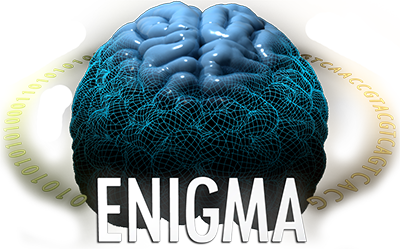
The ENIGMA-OCD working group aims at bringing OCD research groups together to share neuroimaging and genetic databases. We initially started in 2010 as the OCD Brain Imaging Consortium (OBIC), focused on voxel-based morphometry (VBM) and FreeSurfer mega-analyses on pooled raw data (1.5 Tesla T1-weighted MRI scans) of 412 OCD patients and 368 healthy controls (papers: de Wit et al. 2014, Am J Psychiatry; Fouche et al. 2016, Br J Psychiatry; Subira et al. 2016, J Psychiatry Neurosci).
Currently the ENIGMA-OCD working group is an international collaboration including 32 research groups from 16 different countries worldwide. The ENIGMA-OCD Working-Group performed the largest study to date of brain structure in adult and paediatric OCD, employing both meta- and mega-analysis (Boedhoe et al. 2016, Am J Psychiatry). We analysed T1-weighted brain MRI scans from 1,830 OCD patients and 1,759 controls across 35 cohorts worldwide.
OCD patients showed consistent abnormalities in the thalamus (in children) and the pallidum (in adults). Our findings demonstrate a key role for the thalamus (in children) and the pallidum (in adults) in the pathophysiology of OCD. These differential findings across the life-course in OCD further emphasize the neurodevelopmental aspect in the pathophysiology of the disorder and suggest that further research on neuroplasticity in OCD may be useful. Therefore, we are currently following up with a meta- and mega-analysis of cortical measures such as cortical thickness and surface area.
Secondary projects that are currently ongoing aim to meta-analyse measures of white matter microstructure using DTI (led by dr. Fabrizio Piras) and study structural covariance in cortical and subcortical networks (led by dr. Je-Yeon Yun and Prof dr. Jun Soo Kwon).
This initiative is driven by the hope that by joining forces we will be able to shed new light on the genetics and neurocircuitry of OCD, and so ultimately contribute to the development of innovative treatments for OCD.
In addition, we are hopeful that collaborations with the other ENIGMA working groups will facilitate cross-diagnostic comparisons.
We are happy to welcome new cohorts at any time! If you would like more information and/or are willing to participate in this initiative, please contact Prof. dr. Odile van den Heuvel and Prof. dr. Dan Stein.
ENIGMA OCD MOU guidelines to participate
ENIGMA OCD list of participating groups
ENIGMA OCD members page (password-protected)
ENIGMA on social media:
